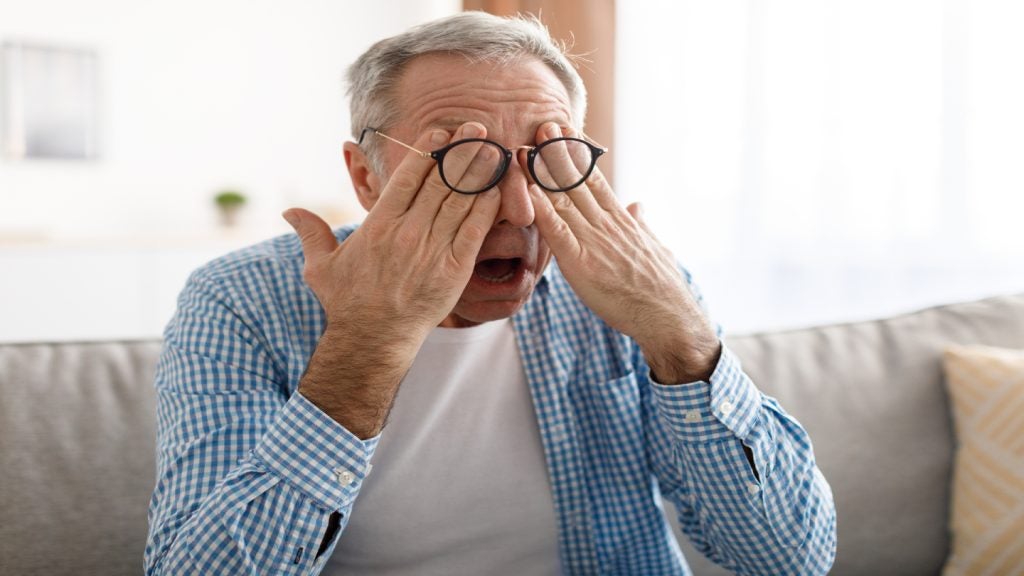French digital health firm, Tilak Healthcare, has announced positive results from a clinical trial of a mobile app aimed at allowing patients with chronic macular degeneration to monitor their eyesight.
TIL002, a multicentre trial taking place across three French hospitals, demonstrated that theCE-marked OdySight app showed a high level of concordance between itself and traditional methods of testing for eyesight decline.
The app allows patients to carry out regular monitoring of their visual acuity through eye tests that they perform themselves, with the results forwarded to the patient's clinicians.
The main objective of the trial was to assess the equivalence of visual acuity measurements carried out at 40cm by patients at home using OdySight. The study looked at 58 patients and 105 eyes and would take place throughout one and a half years. Patients were monitored through two visits, one to three months apart with OdySight measurements taken between visits.
The company carried out statistical analysis on 89 eyes for which an Odysight test was carried out on the same day as a standard ETDRS test, the results an average difference of 0.33 letters and 82% of OdySight measurements showed a maximum difference of 9 letters.
Jean-François Girmens, co-founder of Tilak Healthcare, said: “Chronic macular diseases such as AMD are on the rise with population ageing, but new anti-VEGF treatments are significantly improving quality of life by spacing out injections by up to four months. A tool that allows monitoring between consultations and that patients can use easily and without assistance is paramount to facilitate the swift and safe adoption of these new drugs.
“TIL002 marks a key step in the clinical validation of OdySight and proves that it is a reliable way for patients to monitor their visual acuity by themselves at home. In addition, given the variability of visual acuity measurements, having a large number of results from regular home tests could prove more helpful than occasional measurements performed during consultations taking place a long time apart.”
Elsewhere in the indication of macular degeneration, US-based LumiThera has submitted a de novo request to reclassify its Valeda light delivery system as a Class II device to the US Food and Drug Administration. The system was originally submitted for the indication of dry age-related macular degeneration. At the same time, the company has launched a clinical registry study designed to collect safety and efficacy data ahead of a planned European CE mark application this year.









